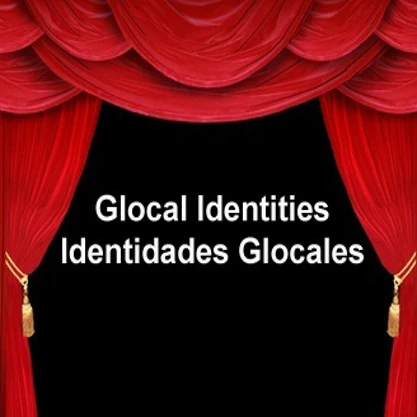Marina, a figure of Otherness and of identity confrontation in Carlos Fuentes’ Ceremonias del alba
(pp. 15-26; DOI: 10.23692/iMex.6.3)
 Cargando...
Cargando...
 Cargando...
Cargando...Dr. Cécile Brochard
 «Professeur agrégée» in Modern Literature, Cécile Brochard completed in 2012 her doctoral thesis at the University of Nantes, where she is lecturer in Comparative Literature and associated member in L’Amo. She has published several articles particularly in her main area of research, the dictator novel in the first-person, and co-edited in 2011 La Folie: création ou destruction? Her thesis Écrire le pouvoir: les romans du dictateur à la première personne will be published by Éditions Champion, Paris, in 2015. She currently works on Marguerite Yourcenar’s Mémoires d’Hadrien.
«Professeur agrégée» in Modern Literature, Cécile Brochard completed in 2012 her doctoral thesis at the University of Nantes, where she is lecturer in Comparative Literature and associated member in L’Amo. She has published several articles particularly in her main area of research, the dictator novel in the first-person, and co-edited in 2011 La Folie: création ou destruction? Her thesis Écrire le pouvoir: les romans du dictateur à la première personne will be published by Éditions Champion, Paris, in 2015. She currently works on Marguerite Yourcenar’s Mémoires d’Hadrien.
In Carlos Fuentes’ Ceremonias del alba, glocalization is to be understood as a language issue: on the one hand, there is the language of the conquistado, on the other hand, the language of the conquistador. From this cultural encounter rises not only a critical interrogation of identity and perceptions of Otherness, but emerges the question of incommunicability. Cortés and Moctezuma face each other in their quest for absolute power and between these two masculine figures, a feminine character appears: Marina.
Considering the fundamental issue of identity and Otherness, my paper explores the meaning of Marina’s voice in Ceremonias del alba. Key questions are: 1) to what extent does Fuentes follow an established path in the interpretation of La Malinche? 2) how much does the play define contemporary Mexican identity and remain relevant outside Mexico or Latin America?
This paper shows how Marina’s traditional symbolism is overtaken by her active role, and how Fuentes rehabilitates her by giving her depth as a tragic character: Through Marina, Ceremonias del alba reflects the specificity and the complexity of Mexican identity, while at the same time the tragic form enables the play to reach a global dimension.
Verena Dolle / Guido Rings - Editorial
Edgar Chías - Entrevista
Cécile Brochard - Marina in Ceremonias del alba
Rowena Sandner - La conquista actualizada
Domingo Adame Hernández - Puentes transdisciplinarios
Hugo Salcedo - Particularidades y globalidad
Meike Schmitz - ¿De quién es la metrópoli?
Reseña

